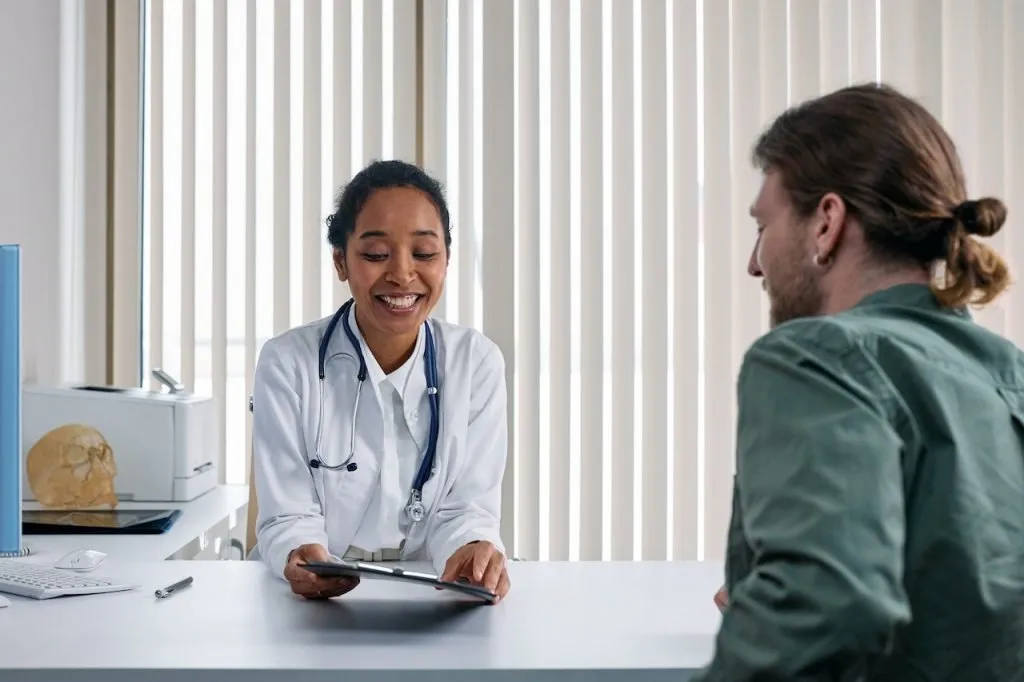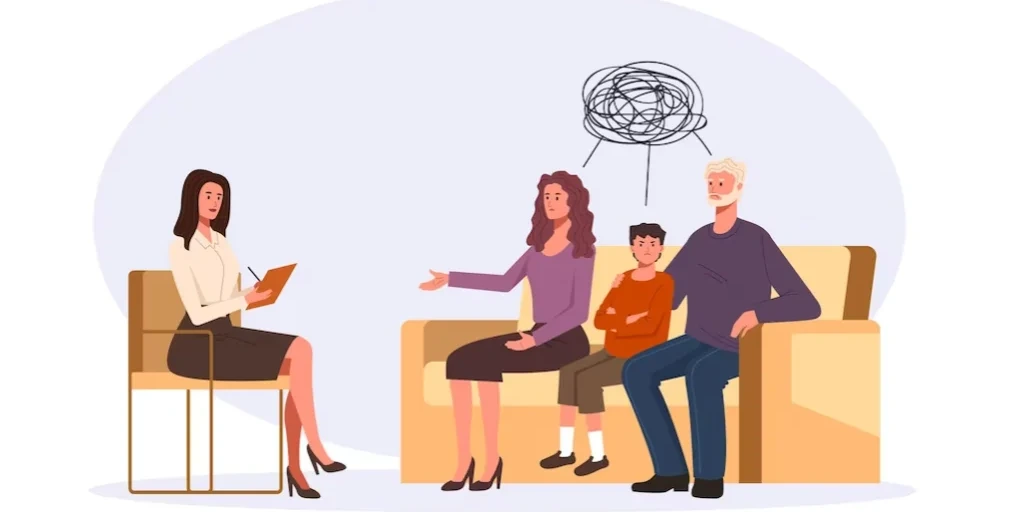24/7 Helpline:
(866) 899-111424/7 Helpline:
(866) 899-1114
Learn more about Bipolar Disorder Treatment centers in Hopkins County
Bipolar Disorder Treatment in Other Counties

Spero Health – Madisonville
Spero Health – Madisonville is a private rehab located in Madisonville, Kentucky. Spero Health – Mad...

Volunteer Behavioral Health – Hiwassee Mental Health Center
Volunteer Behavioral Health - Hiwassee Mental Health Center is located in Madisonville, Tennessee. V...






































Pennyroyal Center
Pennyroyal Center is a private rehab located in Madisonville, Kentucky. Pennyroyal Center specialize...

Madison County Mental Health
Madison County Mental Health is a public rehab located in Madisonville, Texas. Madison County Mental...












































































































Other Insurance Options

Regence

Health Choice

UnitedHealth Group

Group Health Incorporated

Horizon Healthcare Service

Meritain

Holman Group

Magellan Health

Premera

WellPoint

Highmark

Coventry Health Care

Carleon

Providence

Health Net

Humana

BlueCross

Aetna

Kaiser Permanente

EmblemHealth